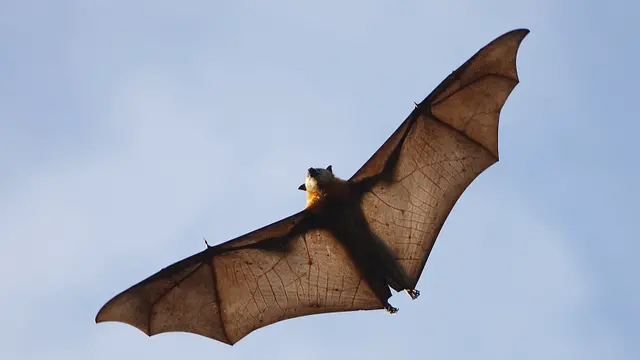Chinese experts reiterated the need for more studies of wild animals, including various species of bats, pangolins, minks, and cats, to ascertain the origin of SARS-CoV-2, the virus which led to the ongoing COVID-19 pandemic.
In March, a report jointly published by the WHO research team consisting of Chinese and international industry experts zeroes on four scenarios where SARS-CoV-2 may emerge. While the first two hypotheses focus on direct zoonotic spillover is a "possible-to-likely pathway," and the virus introduced through an intermediate host is a "likely to a very likely pathway."
The other two scenarios cite the virus spreading through a cold chain or leaked from a laboratory. While the former is considered "possible," the latter was termed "extremely unlikely."
The Chinese experts have already made a massive effort in tracing coronavirus spillover from animals to humans. However, according to Zeng Yixin, deputy head of China's National Health Commission at a presser on July 22, none of the samples collected from the market or the farms in Wuhan City tested positive for the novel coronavirus.
Later a more comprehensive sample screening was conducted covering 38,000 samples of livestock and poultry and 41,000 samples of wild animals from 31 provinces. Still, none of them tested positive for SARS-CoV-2.
Liang Wannian, the Chinese leader of the WHO-China joint expert team, said at the press conference China has not extracted novel coronavirus in bat samples from its existing researches, although the country previously has done substantial research related to the bats.
The closest known virus of SARS-CoV-2 Chinese experts have found originated from bats in China's Yunnan Province. However, the WHO report notes that the evolutionary distance between the two viruses (coronavirus and novel coronavirus) is "estimated to be several decades" apart.
Liang said WHO report and opinions from the industry experts suggested putting bats as the main target for COVID-19 origin tracing research. He also emphasized the research should be conducted in more places. "Bats have an extensive habitat around the world, and they are highly likely to be virus host. We should not limit our research in China but extend to a wider region."
Liang said it'll be valuable researches on other possible virus hosts such as pangolins, raccoons, minks and encouraged experts to do such researches.
"We hope the scientists around the world could join in as Chinese scientists have already been making endeavors in possible virus host researches. Animal research is a key."
(CGTN)
 简体中文
简体中文





